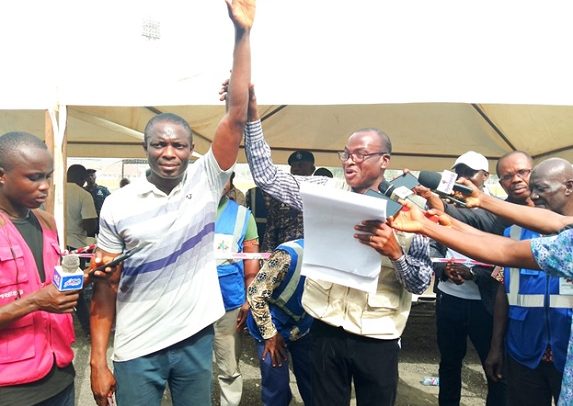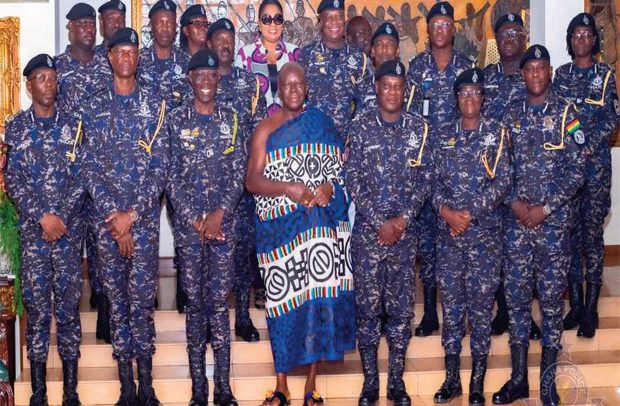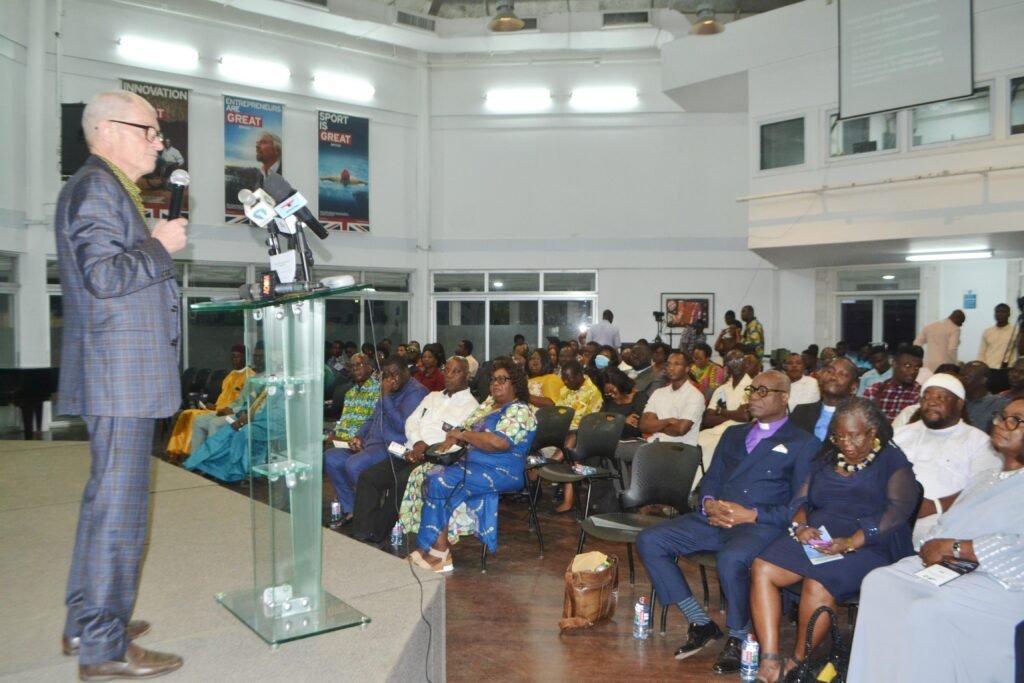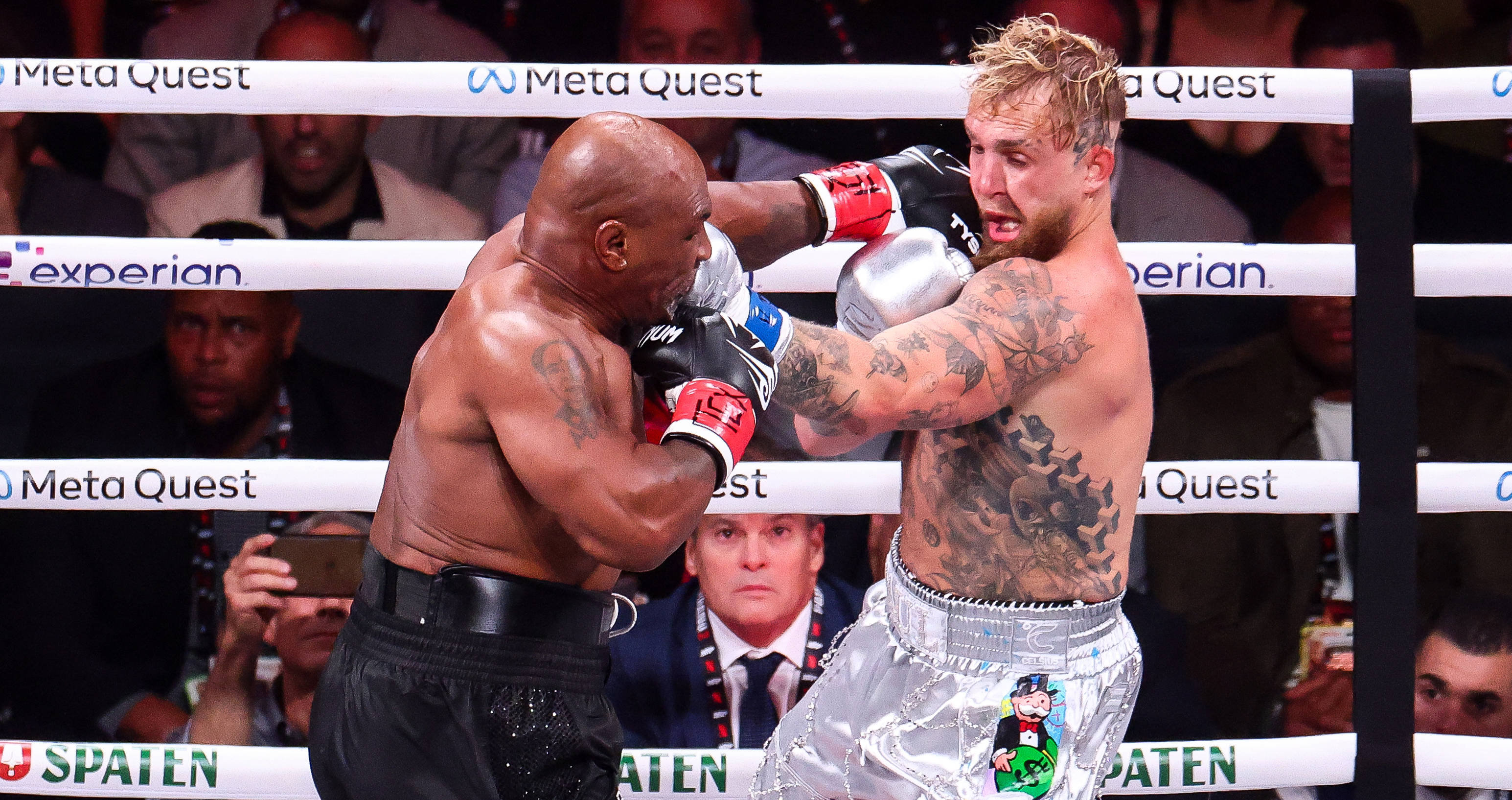
Following the economic crisis of 1983 and the instability of military rule, Ghana transitioned to constitutional democracy.
Since the inception of the 1992 Constitution, the country has conducted multiple national elections through a multi-party system, sustaining over three decades of peaceful power transitions, establishing itself as one of Africa’s most politically stable nations.
Despite being a multi-party democracy, Ghana’s political landscape is dominated by two main parties: the New Patriotic Party (NPP) and the National Democratic Congress (NDC). Every four years, elections are held to select new leaders, with each party presenting manifestos to outline their vision for the country’s future.
However, article 87 of the 1992 Constitution emphasizes that the National Development Planning Commission (NDPC) is mandated to advise and guide the president on development issues. Yet, in practice, elected presidents tend to prioritize their party’s manifesto over the national development agenda.
Since the leadership of Jerry John Rawlings, governance has been largely shaped by party agendas. Rawlings focused on economic stabilization, poverty reduction, and social welfare. His successor, John Agyekum Kufuor, prioritized economic growth, good governance, and human resource development.
John Evans Atta Mills introduced the “Better Ghana Agenda,” emphasizing economic recovery, social justice, and infrastructure development. John Dramani Mahama continued this agenda with a particular focus on infrastructure and social development, while Nana Akufo-Addo’s administration pursued the “Ghana Beyond Aid” agenda, focusing on industrialization, education, healthcare, and economic development.
Ghana is on the verge of electing new leadership to steer the country forward. As usual, the two dominant political parties, the NPP and the NDC, are competing fiercely to secure power. Both parties have once again crafted grand manifestos that are not fully aligned with Ghana’s National Development Plan, attempting to appeal to voters with promises of rapid development.
Dr. Mahamudu Bawumia, the NPP’s flagbearer and current Vice President, has pledged to continue the Agenda 111 projects, which aims to build new hospitals and improve healthcare delivery across the country. Additionally, Bawumia promises to revitalize Ghana’s struggling economy and ensure good governance.
However, his promises have been met with skepticism. Many Ghanaians question why, as Vice President, he has not already addressed these issues during his time in office. In response, Bawumia likened his role to that of a “mate” (assistant), implying that the President is the “driver” in charge of decision-making. He urges Ghanaians to look beyond his association with the Nana Addo’s administration and give him the opportunity to fully lead the country and implement reforms.
On the other hand, John Dramani Mahama, the NDC’s candidate, is leveraging public dissatisfaction with the NPP’s perceived failures. Many view him as the political messiah, not just within opposition circles but even among dissatisfied NPP supporters, believing he could steer Ghana back onto the path of progress.
However, his decision to run for president again has sparked criticism, with some questioning why he seeks a return after already having led the country. In response, Mahama has pointed to his experience in governance, citing achievements such as the development of health infrastructure during his tenure.
He argues that his track record makes him a more credible candidate than his main rival, Dr. Bawumia. He pledges to abolish what he describes as burdensome taxes introduced by the NPP, introduce economic reforms to ease the financial pressure on citizens, and investigate scandals that emerged during the NPP’s tenure. Mahama also promises to reform the education system and improve social welfare programs.
While all these promises sound appealing, they raise important concerns about feasibility. Implementing such sweeping reforms within a single four-year term may be challenging, especially in a country facing severe economic difficulties, systemic corruption, and massive debt.
Critics have accused Nana Akufo-Addo of fostering an environment of corruption, with some labeling him the “mother serpent of corruption,” a phrase suggesting that under his leadership, corruption has proliferated unchecked, leading to socioeconomic hardships in the country.
Many also argue that his government operates like a family-run entity, with key positions filled by relatives. Despite numerous scandals, no major figure within his administration has been prosecuted for corruption. Instead, those attempting to fight corruption often find themselves sidelined, forced to take leave, or resign in frustration. These issues have led many to label Nana Addo’s government as the worst in Ghana’s political history.
As Ghana approaches the 2024 general elections, a critical question looms: How much will the Akufo-Addo-led government hand over to the next president, given the systemic corruption and significant debt accumulation that currently plague the nation?
Whether it is Mahamudu Bawumia of the NPP or John Dramani Mahama of the NDC who emerges victorious, both leaders face the monumental task of governing a country entrenched in economic difficulties. This even becomes more problematic as both candidates have made grandiose promises to win over voters.
What is the value of these expansive manifestos if they cannot be met within the short term? Is it just about winning elections? The specter of further borrowing also looms large. Could the next administration resort to excessive borrowing just to manage the day-to-day affairs of the country, thereby exacerbating the already substantial debt burden?
Given these concerns, it may be time for Ghana to rethink its approach to governance. Perhaps the country should consider prioritizing a long-term national development plan over party-specific manifestos. National development plans offer continuity and a strategic vision that transcend electoral cycles, while manifestos are often focused on short-term goals aimed at winning elections.
Several countries have achieved remarkable success through long-term national development planning. For instance, Malaysia’s Vision 2020 transformed the country from an agriculture-based economy into a highly industrialized one. Similarly, Singapore’s early five-year plans helped the country transition from a low-income nation to one of the wealthiest in the world, with top-tier infrastructure, healthcare, and education systems.
Even closer to home, Rwanda provides another strong case for national development planning. The country, which experienced one of the worst genocides in history, launched Vision 2020 and has since achieved an average GDP growth of 7-8% annually. Rwanda has significantly reduced poverty and made notable progress in healthcare, education, and infrastructure development.
Ghana too, has made several efforts to implement national development plans, starting with Kwame Nkrumah’s vision for the nation. However, his blueprint was abruptly cut short by a coup driven by tribal and political tensions. In the Fourth Republic, short- to medium-term plans like the Ghana Poverty Reduction Strategy, the Growth and Poverty Reduction Strategy, and the Ghana Shared Growth and Development Agenda were adopted.
Unfortunately, these initiatives largely failed to meet their targets, often due to inconsistent implementation. This inconsistency stems from the lack of a unified long-term national development plan that transcends party politics. Instead, the country’s developmental direction swings back and forth like a pendulum depending on which party is in power, creating a sense of instability and lack of continuity. The recently proposed 40-Year National Development Plan has been met with skepticism, as past plans have fallen short of their goals, raising concerns about its potential success.
More than 60 years after independence, Ghana—despite its abundant resources and human capital—continues to grapple with serious socioeconomic challenges. Short-term party manifestos and partisan politics have disrupted Ghana’s long-term growth, highlighting the need for a more strategic approach.
Elections should be more than just a process of electing new leaders; they should serve as a platform to reassess and adopt a more proactive governance approach. Prioritizing a long-term national development plan over party-specific agendas is essential for sustainable growth and resolving the country’s persistent challenges. As Ghana moves toward its next political chapter, this shift in focus demands serious consideration and reflection.
By Gervin A Apatinga
The post Paralyzing Economy, Grandiose Promises: Is Real Change Possible after Ghana’s 2024 Election? first appeared on 3News.
Read Full Story














Facebook
Twitter
Pinterest
Instagram
Google+
YouTube
LinkedIn
RSS